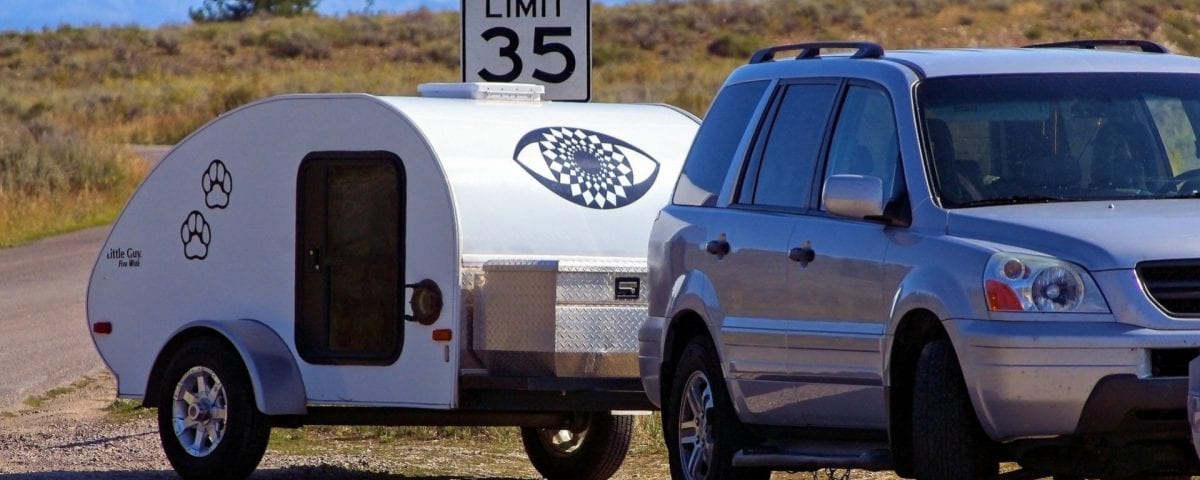- Call us now
- 385-549-6620
Safe Driving Summer Tips

You Can’t Judge A Car By Its Cover, A True Story.
January 16, 2017Whether it’s a family camping trip or a cross country adventure, it’s road trip time! However, did you know that accidents often spike in August? If you’re planning on hopping in your car, it’s important to keep safety on your mind. Here are some quick and easy vehicle safety tips that can save you a lot of time and money (even if you aren’t planning a road trip):
Tires –The most common cause of a flat tire starts with air pressure. Therefore, if your tires aren’t correctly inflated the excess heat can cause them to blow apart, they are more susceptible to cracks and tears in the rubber, and you can cause damage to the tread or sidewalls. Everyone knows if an engine runs too low or high on oil it causes damage; similarly, if a tire runs on low or high PSI it can also cause damage.
The second reason for a flat is aged tires and low tread. The rubber compound in tires degrades with time and weather exposure, and a tires’ tread is only as good as its lowest point. Make sure to check for yourself, look at the sidewall of your tires – do you see fine cracks? If so, that’s the rubber degrading and if it gets bad enough it will cause the tire to come apart. Next, the inner edge often shows your lowest tread. Insert a penny into the tread – if you see the top of Lincoln’s head your tires are dangerously low.
Fluids – Check your oil level as well as the mileage and date you’re due for an oil change before starting your car. Check that the under-hood coolant reservoir – usually a clear plastic bottle that says “engine coolant” on the cap – is at the correct level labeled on the reservoir *only remove caps on a cold engine*
If it’s been awhile since your vehicle has seen a shop, it’s worth considering taking it in for a service and inspection where they’ll also check the condition of your belts, transmission and brake fluids, brake pads, and test the battery!
Towing – If you plan to tow anything you should also plan to learn about your vehicle and safe towing practices. Did you know that many SUVs aren’t actually built to tow a heavy load? Refer to your vehicle’s towing capacity in your owner’s manual and be sure your vehicle can handle the weight of your trailer and its cargo. Also, check to see that your vehicle’s curb weight doesn’t exceed its gross vehicle weight rating – in short, the weight of your actual vehicle, passengers, cargo, and tongue weight of your trailer (about 10% – 15% of the total weight of the loaded trailer) don’t weight too much for the total weight on the vehicle’s tires.
Now that you know your vehicle can handle the pressure, make sure you can too! When driving with extra weight give yourself more time to accelerate, more room to merge, and more stopping distance than you normally would. Lastly, everything that was explained about tires above, stands for trailers as well!
Bon Voyage. Have a safe and happy road trip!


